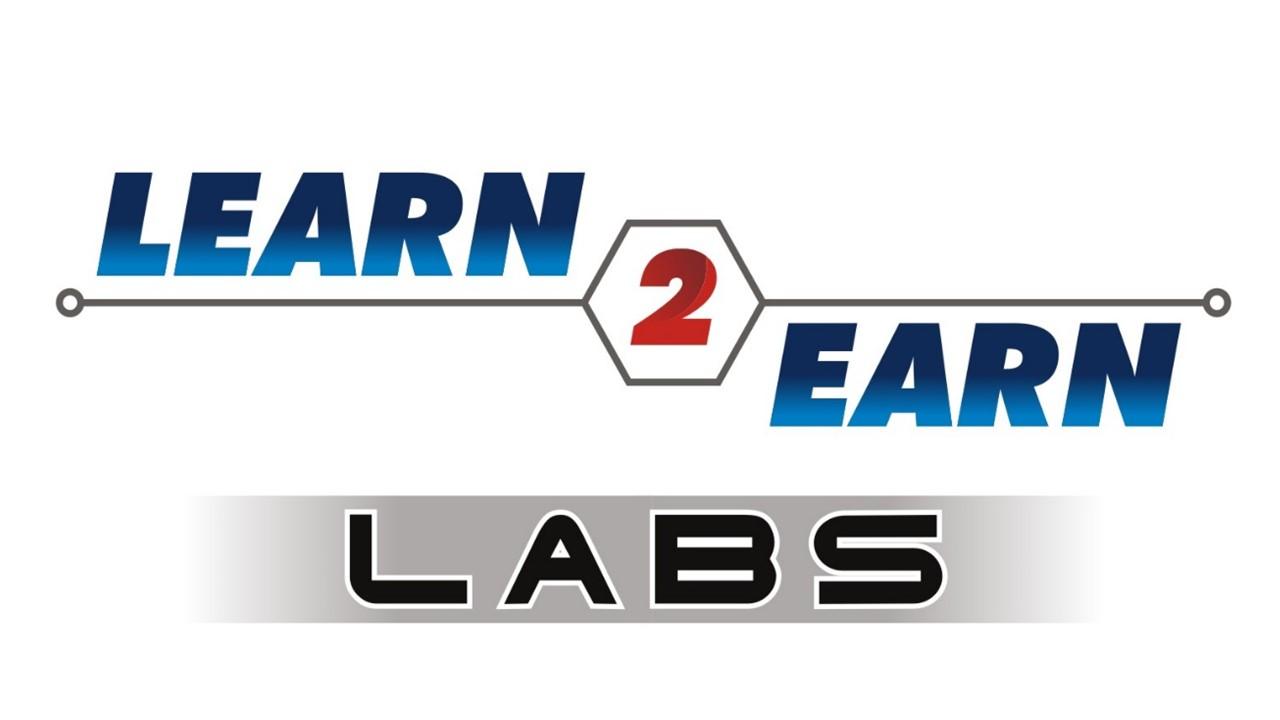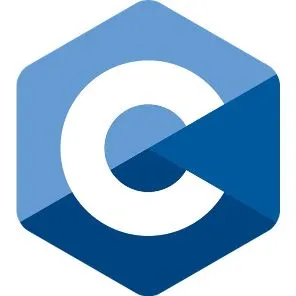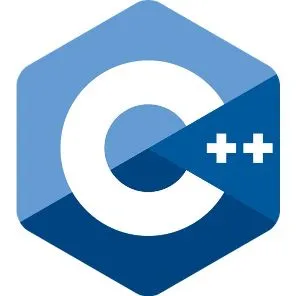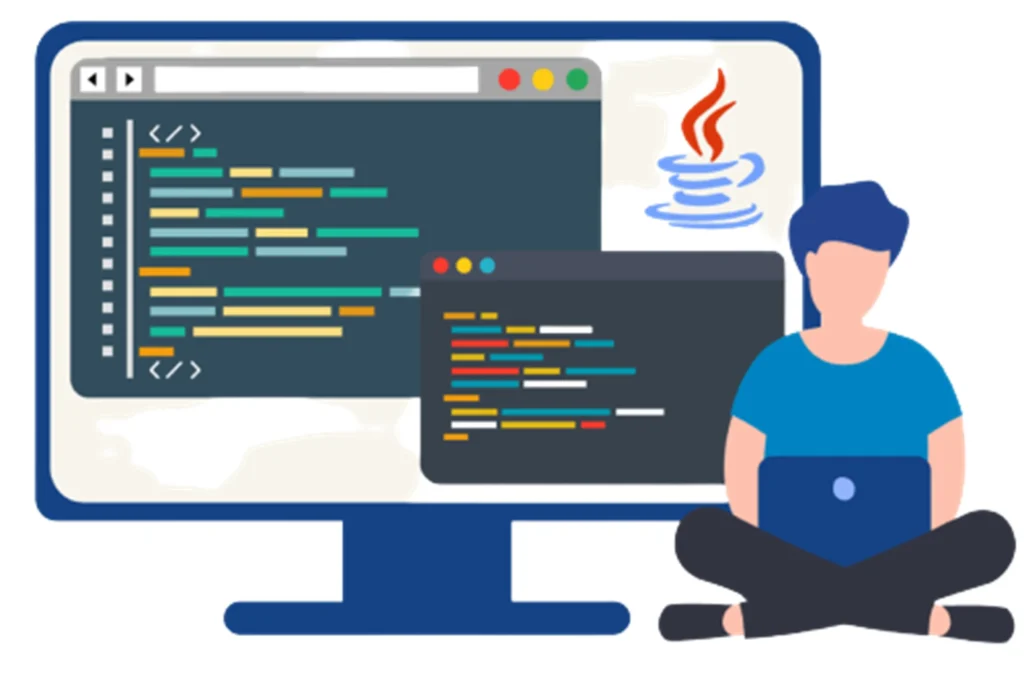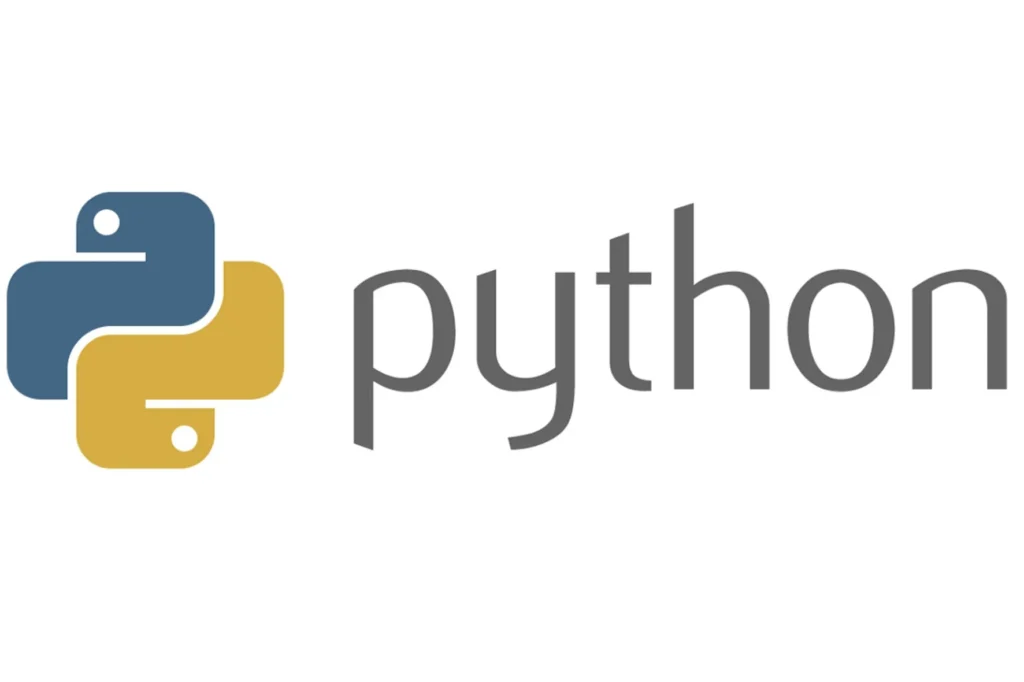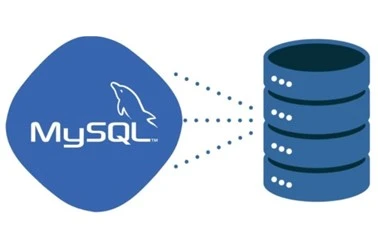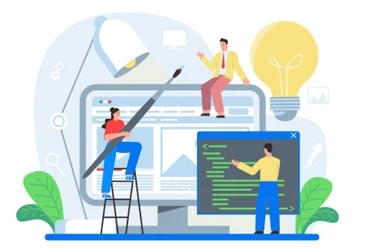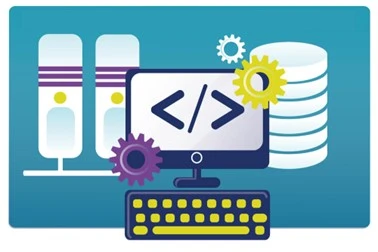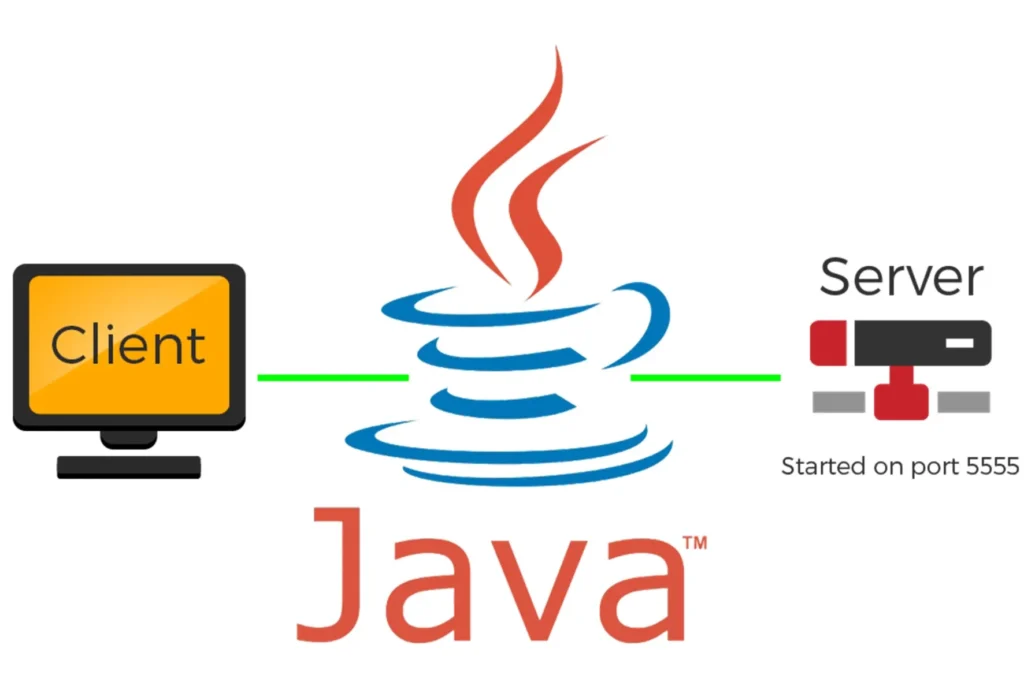
Programming Fundamentals
(C, C++ and Data Structure)
Improve your programming skills
Training Roadmap
Programming Fundamentals
In the present scenario, C, C++and Data Structure are the fundamentals courses that are use to teach programming and implementation logics. As programming is all about solving problems by writing code statements or programs, hence learning to data types, variables, loops, functions, arrays, linked lists, stacks, queues, trees and graphs can help you understand how to solve complex problem.
Programming Concepts
Control Flow & Transitions
C Programming Language
C++ Programming Language
Data Structure & Algorithms
Assignments & Minor Projects
Programming Fundamentals Training Program
This program equips students with essential skills to analyze data, uncover insights, and develop predictive models. Combining theory and hands-on experience, it prepares participants for data-driven decision-making in real-world scenarios, fostering expertise in analytics, statistical modeling, and machine learning for impactful contributions across industries and organizational challenges.

Practice-Based Training
Training program available for 6 months duration

Dummy Projects
To build your hands-on expertise & portfolio

Resume Building Assistance
To create an attractive resume for you

Interview Preparation
So you can present yourself in a better way

Mentoring & Job Assistance
To help you in getting good career or placements
Who Can Join
- Any student can join the programming fundamentals training program . The student must have interest in programming with basic computer knowledge.
- Students from any specializations of B.Tech / M.Tech / BCA / MCA / B.Sc. / M.Sc, who are looking to learn programming and enhance their practical skills can join the programming fundamentals training program.
- Working professionals or job seekers, who are looking to enhance their programming skills can join the programming fundamentals training program.
You can choose a separate program
If you want to enhance your programming skills & concepts then you can also choose a specific training program.
Training Mode
Online Live Classes are also available
- 4x more effective way of learning
- Hands-on experience with projects & assignments
- Virtual class with real interaction with trainer
- Monitoring support & troubleshooting issues
- Masterclass from industry experts & leaders
- Live class recordings for revision purposes
Programming Fundamentals Training in Agra
Learn2Earn Labs
F-4, First Floor, Anna Ikon Complex, In Front of Deviram Food Circle, Sikandra-Bodla Road, Sikandra, Agra, Uttar Pradesh – 282007
Call: +91-9548868337
Program Details
Feel free to call
Request More Information
During the complete programming fundamentals training program, you will go through with the below course modules & topics.
Introduction to C Language, Simple C Program, Program execution phases, Backslash character constants, Character set, Constants, Number systems, Format specifiers, Identifiers, Keywords, Variables, Data Types, Arithmetic operators, Increment and decrement operators, Relational operators, Logical operators, bitwise operators, assignment operators, conditional operator, size of operator, comma operator, Type casting operator, data types, input output library functions, control statements (if-else, switch-case, for, while, do-while, nested loop, jump control statements, break, continue, goto, exit, return), functions, return statement, recursion, library functions, local and global variables, storage classes, Pointers, Pointer to Pointer, Pointer Arithmetic, De-reference & increment pointer, pointer to function, Array, types of Arrays, accessing array elements, Pointer to array, Array & functions, Malloc, calloc, realloc, free, core dump, memory leak.
Introduction to String, gets() & puts() functions, String handling functions, Structure, accessing structure members, size of structures, reading and displaying structure variables, array to structure, nested structures, self-referential structures, structure and functions, Union, enum keyword, typedef keyword, introduction to file handling, buffer and streams, working with text files and binary files, file operations using std library and system calls, file management I/O functions, random access files.
Introduction to C++, First C++ Program, How C++ differs from C, Variables Declaration, Function overloading, Optional Parameters, Reference Variables, Operator overloading, Basics of Console Input and Output, Constant Pointers, Dynamic Memory Allocation, Operators - arithmetic, assignment, logical, bitwise, Conditions like if / else / switch, Arrays / multi-dimensional arrays, Loops - for / while / do-while, Functions, overloading functions, passing variables to functions, Structures, References, Pointers, C++ programs & Practices.
Overview of OOPs Principles, Introduction to classes & objects, Creation & destruction of objects, Data Members, Member Functions, this Pointer, Constructor & Destructor, Static class member, Friend class and functions, Namespace, Introduction to inheritance and benefits, Access Specifier, Base and Derived class Constructors, Types of Inheritance, Down casting and up casting, Function overriding, Virtual functions, Destructor overriding, Polymorphism, Pure virtual functions, Virtual Base Class, C++ Class Hierarchy, File Stream, Text File Handling, Binary File Handling, Error handling during file operations, Overloading << and >> operators, Introduction to Exception, Benefits of Exception handling, Try and catch block, Throw statement, Pre-defined exceptions in C++, Writing custom Exception class, Stack Unwinding, C++ Templates, Function Templates, Class Templates.
Introduction :What is an algorithm, Data Structure and Types, Asymptotic Notations, Master Theorem, Divide and Conquer Algorithm. Data Structure : Stack, Queue, Types of Queues, Circular Queue, Priority Queue, Deque, Linked List, Linked List Operations, Types of Linked List, Hash Table, Heap Data Structure, Fibonacci Heap, Decrease Key and Delete node from Fibonacci Heap. Tree Based Data Structure : Tree Data Structure, Tree Traversal, Binary Tree, Full Binary Tree, Perfect Binary Tree, Complete Binary Tree, Balanced Binary Tree, Binary Search Tree, AVL Tree, B Tree, Insertion into B-tree, Deletion from B-tree, B+ Tree, Insertion on a B+ Tree, Deletion from a B+ Tree, Red Black Tree, Insertion in Red Black Tree, Deletion from Red Black Tree. Graph Based DSA : Graph Data Structure, Spanning Tree, Strongly Connected Components, Adjacency Matrix, Adjacency List, DFS Algorithm, Breadth-first Search, Bellman Ford's Algorithm. Sorting & Searching Algorithms : Bubble Sort, Selection Sort, Insertion Sort, Merge Sort, Quick Sort, Counting Sort, Radix Sort, Bucket Sort, Heap Sort, Shell Sort, Linear Search, Binary Search. Greedy Algorithms : Greedy Algorithm, Ford-Fulkerson Algorithm, Dijkstra's Algorithm, Kruskal's Algorithm, Prim's Algorithm, Huffman Code. Dynamic Programming : Dynamic Programming, Floyd Warshall Algorithm, Longest Common Subsequence
After the completion of all the modules during this programming fundamentals training program, some projects would be assigned to you to improve your practical knowledge and project experiences.
Apply Now
Please enter the following details to initiate your application for the Programming Fundamentals training program offered by Learn2Earn Labs, Agra
Eligibility Crietaria
Any student/job seeker/working professional can join
Having interest in programming
Having basic knowledge of computer.
